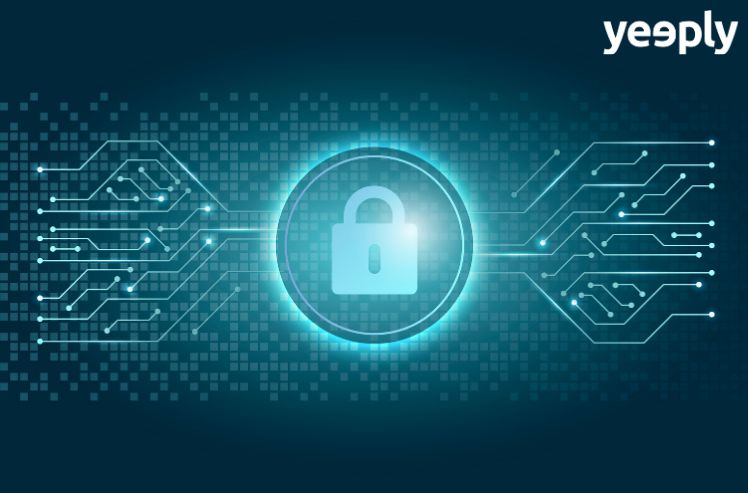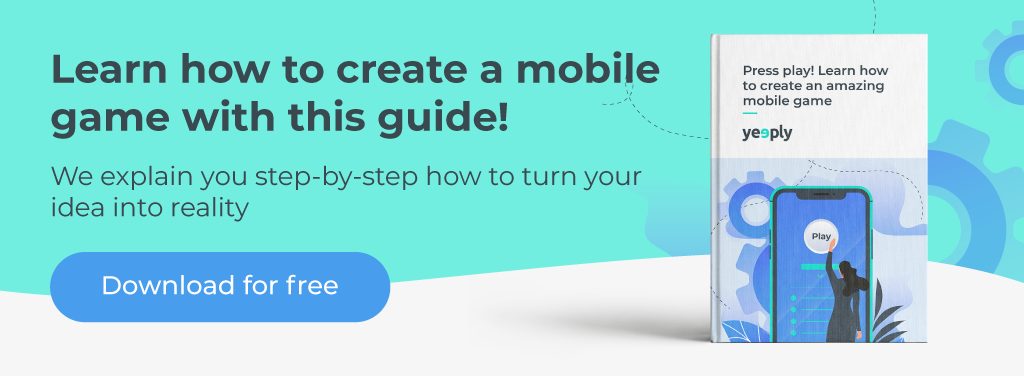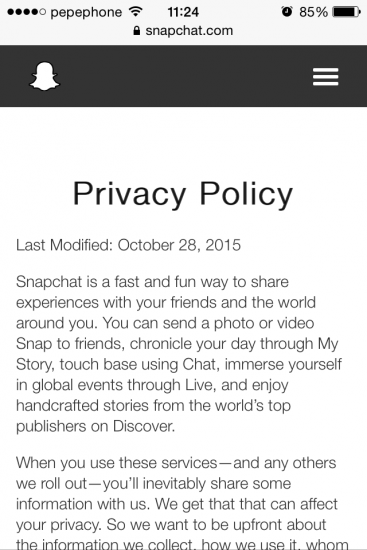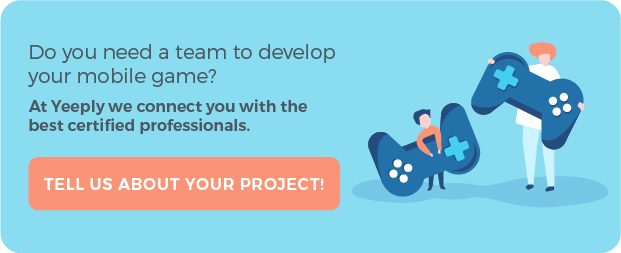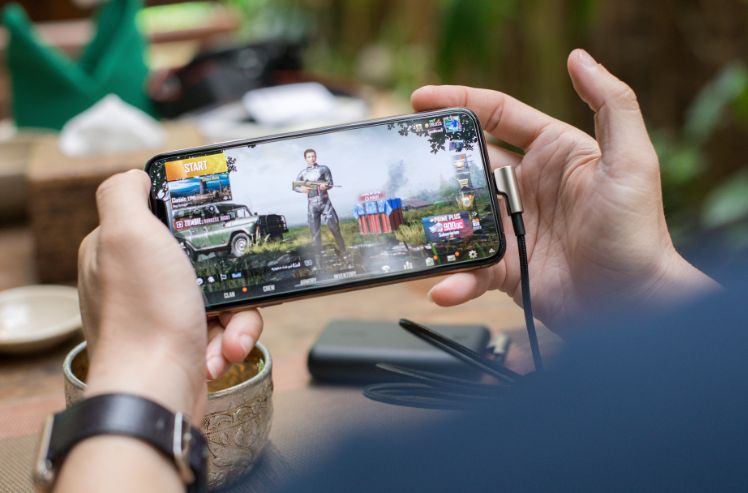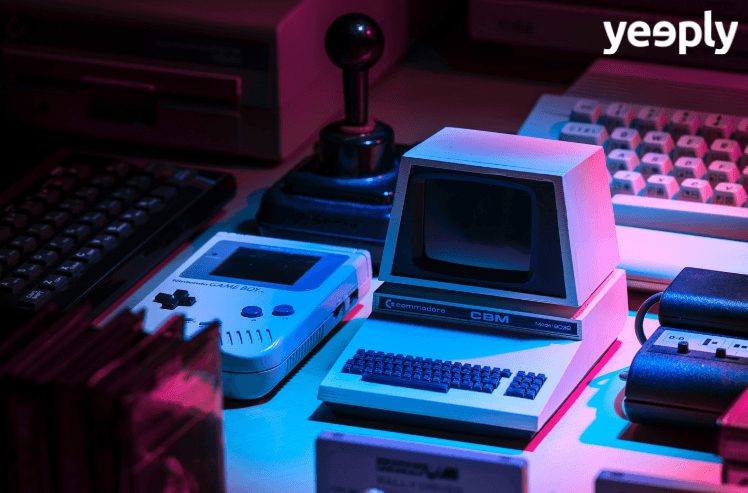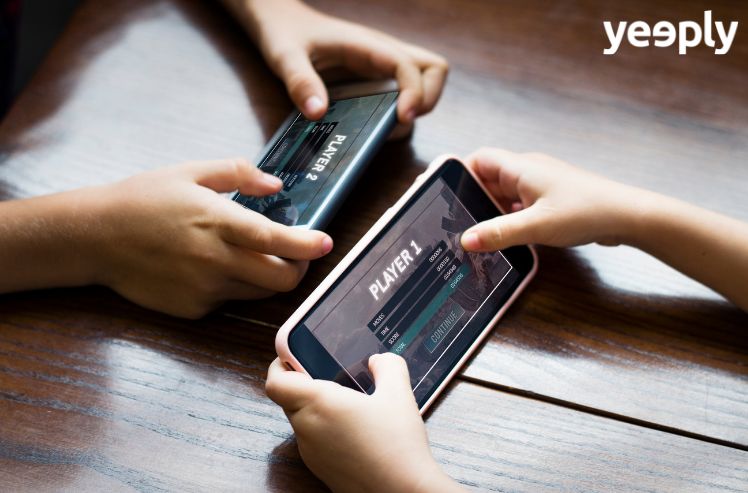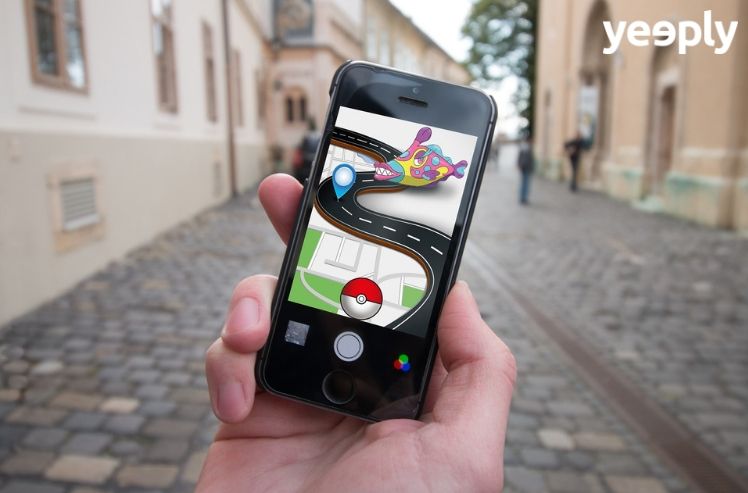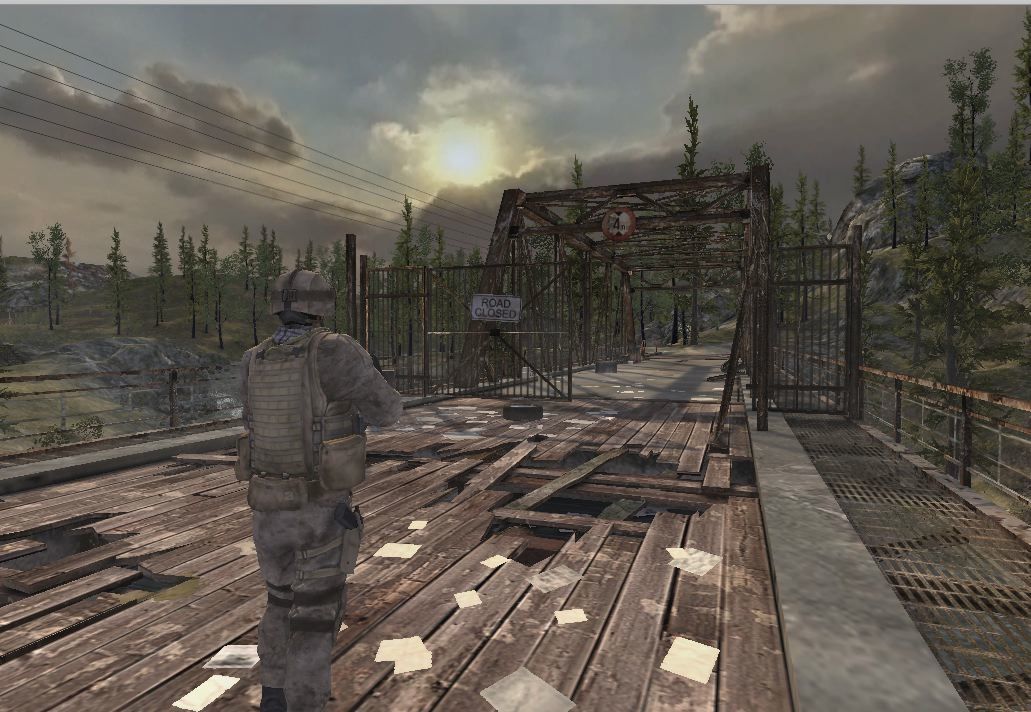The video game market is growing at a staggering pace and mobile game development – due to the growing variety of platforms on which to play – is becoming a closely monitored industry. In fact, smartphones constitute currently one of the favourite gaming platforms. In this article, we’ll be discussing app development but narrowing it down to mobile game development.
We must consider the legal aspects associated with mobile apps when addressing the legal issues of mobile games. We must go beyond the legal aspects of regular apps because video games are a bit more complex in this regard, so we’ll have to be paying attention to ensure we fulfil the law.
However, such regulations will also prove useful for protecting your mobile game development process. So it’s not all just about having to meet certain legal requirements to launch your app.
Legal tips to protect your mobile game development process
If you want to avoid legal problems related to your game – regardless of whether it’s still just an idea or if it’s already developed – we advise you to take these 5 pieces of legal advice into account to protect your mobile game.
1. Protect your idea
Every single game starts as an idea. Even if your app was at first simply that – an idea with no business model or monetisation strategy behind – you will need to share such idea with many people when it becomes a full-fledged mobile game.
A development team, a marketing team, designers, experts… They will all have to get to know your idea. And an idea on its own is worth nothing: it’s useless without a strategy behind it. A very same idea can lead to very different outcomes depending on who is guiding the project. Don’t be afraid about your idea being stolen from you.
However, you may protect your idea if you want to rest assured and “shield” it if you think it’s good enough. In such a case you must put in place a non-disclosure agreement. Yeeply also offers the possibility of requesting all developers who want to obtain access to your project to sign this kind of agreement, so you should not worry about your idea being stolen from you on our platform.
2. Protect your software
As we have already pointed out, you will need to have people working with you side by side on game development to carry your project out. As for software development, you can do it yourself if you have some app programming skills (be it of cross-platform app development with HTML5 or of native apps) or someone you know if you have friends and acquaintances who are experts on the matter. It may also be the case that you have no programming notions and there’s no app developer among your contacts. In this case, you’ll have to resort to outsourcing your project.
In either case, you should take care of the issues related to protecting the intellectual property of the software you develop. Pay attention to legal concepts such as “commissioned work” or “work created under a contractual relationship”, as they must be reflected in detail in the agreements that you execute with third parties or experts developing your project.
By defining these in the agreement you are establishing yourself as the party hiring app professionals to carry out a specific project under your instructions and guidelines in exchange for remuneration (the price defined in the budget). You also establish that you hold the rights on the property or the commercial exploitation of the resulting app or game.
You may protect your games in three different ways: by copyright (on the software programme or database), by the reservation of rights (on human characterisations, fictitious or symbolic) and by industrial property rights (on the trademark).
3. Don’t breach the privacy of users
Your users are something you should really take care of if you want to create a successful app, so you should never breach their privacy. This is also one of the major issues of concern in the digital world – both for users and businesses.
Defining from the very beginning which access permissions will your mobile game request is of the utmost importance. Don’t be abusive and request from your users only what is essential. In Europe – and hence in Spain – legislation has been adopted in relation to this subject. Find out what you can and cannot do.
Include information on the access permissions requested and the possibility of revoking or granting them again after having installed the app. Include information on privacy policies as well. It has to be available even if nobody actually reads it.
4. User licence and privacy notice
Regarding the previous paragraph, there are two “legal documents” that you should prepare when working on game development: the app’s user licence and the privacy notice (in case you make use of your users’ personal data).
User licence
It’s a compulsory document (an agreement really) for all games – whether they are conceived for mobile devices or not. It’s an individual licence granting each user to download your game. All information related to the game will be included on it: how it works, its description, who holds the intellectual property on the game, etc.
Privacy notice
The privacy notice may be digital, physical and even a sound recording (any format is valid). Its purpose is to inform the user about how his personal data are going to be treated and the main features of such treatment – in case access to these data is required. In most cases, the app’s privacy policy is to be found directly in Apple’s store or in the Google Store.
Once it has been prepared you must determine how to include it in the game in a way that’s easily accessible for the player but that doesn’t disturb him while he’s using your mobile app or game. The use of pop-ups or pop-up windows including an “Ok” or an “I agree” button is widespread. Pressing such buttons is considered assigning a binding agreement.
5. Avoid illegal situations for your mobile app development
Making use of common sense is the best way to grant legal protection to your mobile game. Avoid illegal content, situations and actions on your part. You must ensure that your app doesn’t breach the law of the country or region you’re targeting since the game development project’s very outset. Avoid – for instance – getting your inspiration from well-known characters, movies or games, as it can be considered plagiarism in severe cases.
We hope this article has come in handy for your mobile game development endeavours.

